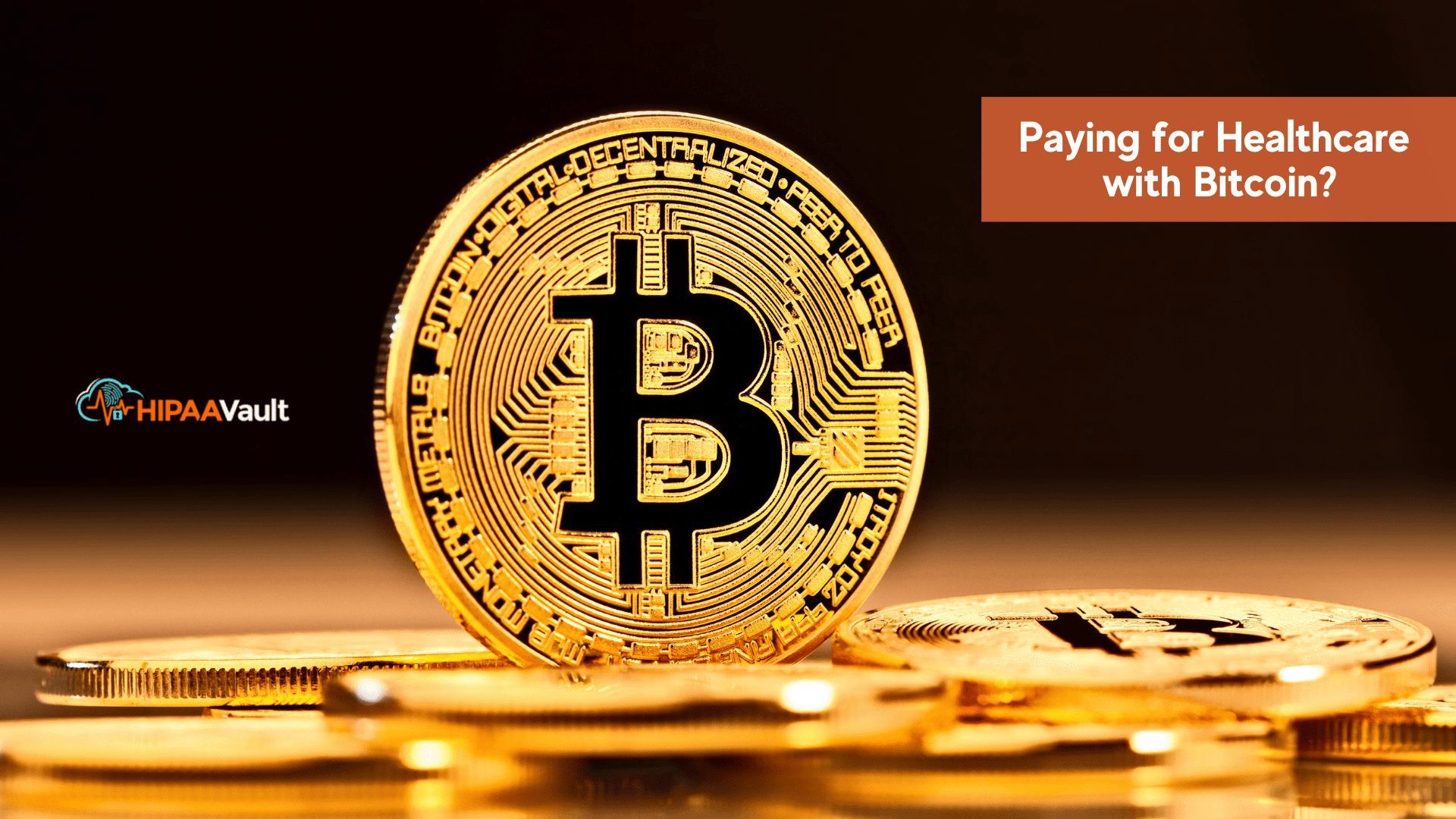
Not long ago we covered the emergence of blockchain technology and its potential to change the healthcare industry with its superior patient-centered, data management capabilities.
What we didn’t mention then is how bitcoin – the web-based virtual currency that utilizes a blockchain, database technology to track transactions – is slowly making inroads into healthcare as an optional form of payment for services.
And why not? Bitcoin is now used to purchase a growing list of products globally, from real estate to clothing, to pizza. Many charities and some hospitals now accept donations in the form of bitcoin as well.
In addition, major financial institutions such as Citi and JP Morgan have recently announced they’re broadening their portfolios to include bitcoin.
This, paired with a growing acceptance of bitcoin currency in the culture (Elon Musk’s recent statement notwithstanding) appears to be a strong indicator that more industries – healthcare included – will be ramping up for this or similar crypto-currency payment options soon.
Why Use Bitcoin for Healthcare Transactions?
Understandably, pandemic issues such as vaccines and telehealth have occupied the front-burners of healthcare lately, so incorporating bitcoin into payment systems hasn’t been foremost among current industry initiatives.
Yet one healthcare-related sector that has actively embraced bitcoin is the global medical tourism market. (Medical tourism is when people travel to another country – many coming from undeveloped countries – to receive superior medical treatment elsewhere). As we’ll see, bitcoin’s borderless nature lends itself perfectly to such transactions.

So what advantages are there for using crypto-currency to pay for healthcare services? We believe the following three are most compelling:
-
Security
- A peer-to-peer, decentralized currency based on blockchain has significant security benefits – not the least of which is patient privacy.
Currently, when credit card transactions for health services are made, verification laws allow those credit card companies to access a portion of the patient’s protected health information.
That doesn’t happen with bitcoin.
- Additionally, blockchain technology offers superior protections over most databases for resisting hackers.
This is by design. Instead of requiring a group of centrally-located computers to house a database, bitcoin’s network can consist of thousands of computers (nodes) in different geographic locations, each operated by distinct individuals or groups. Self-correcting technologies are built-in, using cross-referencing of nodes to keep the data accurate.
This means that any attempt to tamper with or hack the data by altering a copy of it from one node would immediately be recognized as illegitimate (out of alignment with all other nodes), and the stolen copy would then be discarded. This level of transparency to all users makes bitcoin inherently more secure.
-
Cost-Savings
- Avoiding credit cards may help with security, but using cash still costs you money.
Cash payments for healthcare still come with an added expense: think of the usual costs of maintaining a “money storage space” (ie, your bank) – a necessity for traditional, fiat currencies.
With bitcoin, no banking fees are involved. In addition, bitcoin is less volatile than cash and can simplify taxes, since two people cannot transact on the same bitcoin value.
- Transactions like money transfers are also streamlined and greatly simplified with a decentralized, digital currency.
A company that handles merchant accounts for bitcoin and can convert them to U.S. dollars may charge a 1 percent fee – still better than the typical 2 or 3 percent transaction processing fees charged by credit card companies.
-
Government-free
- With bitcoin, there’s more flexibility to execute transactions – on a global scale – without government-imposed regulations or interference.
Crypto-currency allows for equal-value transactions across borders, meaning that, theoretically, you could pay for healthcare services anywhere in the world (e.g., medical tourism) without worrying about regulations or restrictions. This is much easier and more convenient than dealing with fiat currencies.
And while exchange values for bitcoin may vary (and with it, the cost of transfers), overall, bitcoin is still a less-costly option than traditional currencies.
The Way of the Future?
With these advantages, a decentralized, confidential, and inherently secure currency like bitcoin just might be the way of the future. An industry like healthcare is ideal for this.
As such, HIPAA Vault is making plans to offer our customers an optional means of payment for services in the near future using crypto-currency. We believe this will appeal to many who share our concerns over security, as well as a desire to improve the management and value of our currency.
If you have any questions on this or other aspects of our services, please contact us! 760-290-3460, or online at www.hipaavault.com.
HIPAA Vault is the low-cost leader of HIPAA compliant solutions, enabling healthcare providers, business organizations, and government agencies to secure their protected health information from data breaches, threats, and security vulnerabilities.





